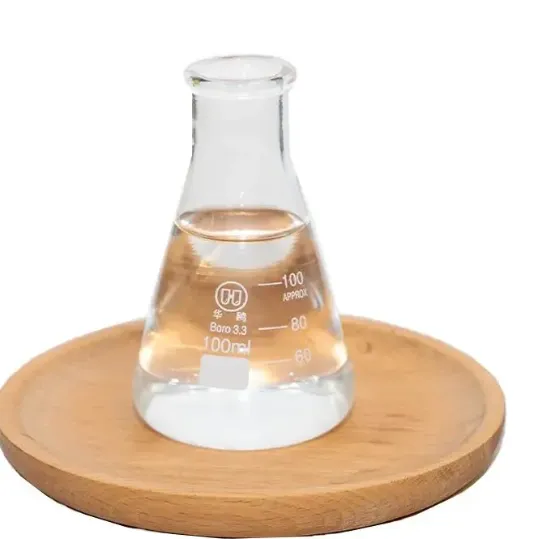 Email: sale@hebeidisha.com
Email: sale@hebeidisha.com
 Tel: +86 13315186550
Tel: +86 13315186550
- Afrikaans
- Albanian
- Amharic
- Arabic
- Armenian
- Azerbaijani
- Basque
- Belarusian
- Bengali
- Bosnian
- Bulgarian
- Catalan
- Cebuano
- China
- China (Taiwan)
- Corsican
- Croatian
- Czech
- Danish
- Dutch
- English
- Esperanto
- Estonian
- Finnish
- French
- Frisian
- Galician
- Georgian
- German
- Greek
- Gujarati
- Haitian Creole
- hausa
- hawaiian
- Hebrew
- Hindi
- Miao
- Hungarian
- Icelandic
- igbo
- Indonesian
- irish
- Italian
- Japanese
- Javanese
- Kannada
- kazakh
- Khmer
- Rwandese
- Korean
- Kurdish
- Kyrgyz
- Lao
- Latin
- Latvian
- Lithuanian
- Luxembourgish
- Macedonian
- Malgashi
- Malay
- Malayalam
- Maltese
- Maori
- Marathi
- Mongolian
- Myanmar
- Nepali
- Norwegian
- Norwegian
- Occitan
- Pashto
- Persian
- Polish
- Portuguese
- Punjabi
- Romanian
- Russian
- Samoan
- Scottish Gaelic
- Serbian
- Sesotho
- Shona
- Sindhi
- Sinhala
- Slovak
- Slovenian
- Somali
- Spanish
- Sundanese
- Swahili
- Swedish
- Tagalog
- Tajik
- Tamil
- Tatar
- Telugu
- Thai
- Turkish
- Turkmen
- Ukrainian
- Urdu
- Uighur
- Uzbek
- Vietnamese
- Welsh
- Bantu
- Yiddish
- Yoruba
- Zulu
Nov . 25, 2024 08:23 Back to list
aspartame packets
Understanding Aspartame The Sweet Debate
Aspartame is one of the most commonly used artificial sweeteners worldwide. First approved by the U.S. Food and Drug Administration (FDA) in 1981, it has become a staple in the diets of those looking to reduce their sugar intake or manage their weight. Often found in packets, aspartame has been both praised for its sweetening capabilities and criticized for various health concerns. This article explores the uses, benefits, controversies, and future of aspartame.
What is Aspartame?
Aspartame is a low-calorie artificial sweetener that is approximately 200 times sweeter than sucrose (table sugar). Chemically, it is composed of two amino acids aspartic acid and phenylalanine. When consumed, aspartame is broken down into its constituent parts, which the body metabolizes similarly to the protein in food. This characteristic allows aspartame to provide a sweet taste with minimal caloric contribution, making it a popular choice for various low-calorie and sugar-free products.
The Benefits of Aspartame
The primary benefit of aspartame is its ability to provide sweetness without the added calories associated with sugar. For individuals with diabetes or those trying to lose weight, aspartame can satisfy sweet cravings while helping to control overall caloric intake. Additionally, aspartame is versatile and can be found in a wide array of products soft drinks, chewing gums, desserts, and even pharmaceuticals.
Moreover, aspartame has gained favor among food manufacturers due to its stability when stored at room temperature, ease of use, and ability to enhance the flavor profile of various products. It also tends to have a minimal aftertaste compared to other artificial sweeteners, making it a preferred option for many consumers.
aspartame packets

Controversies Surrounding Aspartame
Despite its widespread acceptance, aspartame has not been without controversy. Over the years, numerous studies have raised concerns regarding potential health risks, including headaches, allergic reactions, and even links to certain cancers. One of the most significant criticisms comes from individuals with phenylketonuria (PKU), a rare inherited disorder that prevents the metabolism of phenylalanine, one of aspartame’s components. For those with PKU, aspartame can pose serious health risks, necessitating strict dietary restrictions.
Regulatory bodies, including the FDA, the European Food Safety Authority (EFSA), and the World Health Organization (WHO), have conducted extensive reviews of aspartame's safety. These organizations maintain that aspartame is safe for widespread human consumption, setting an acceptable daily intake (ADI) for continued use. Still, the ongoing debate continues to fuel skepticism among certain groups, leading to calls for more rigorous testing and regulation.
The Future of Aspartame
As consumer preferences shift towards natural and organic products, the future of artificial sweeteners like aspartame remains uncertain. While demand for low-calorie options persists, there is a growing trend towards using natural sweeteners such as stevia and monk fruit. This shift may reshape the sweetener market, prompting manufacturers to innovate and adapt their product offerings.
In conclusion, aspartame packets play a significant role in the modern food landscape, providing an option for those looking to enjoy sweetness without the calories. While the debates surrounding its safety and efficacy continue, consumers are encouraged to stay informed and make choices that align with their health goals. As with many things in life, moderation is key. Whether enjoyed in a packet or in a myriad of products, understanding aspartame is essential for anyone navigating the complexities of modern dietary choices.
Latest news
-
Certifications for Vegetarian and Xanthan Gum Vegetarian
NewsJun.17,2025
-
Sustainability Trends Reshaping the SLES N70 Market
NewsJun.17,2025
-
Propylene Glycol Use in Vaccines: Balancing Function and Perception
NewsJun.17,2025
-
Petroleum Jelly in Skincare: Balancing Benefits and Backlash
NewsJun.17,2025
-
Energy Price Volatility and Ripple Effect on Caprolactam Markets
NewsJun.17,2025
-
Spectroscopic Techniques for Adipic Acid Molecular Weight
NewsJun.17,2025